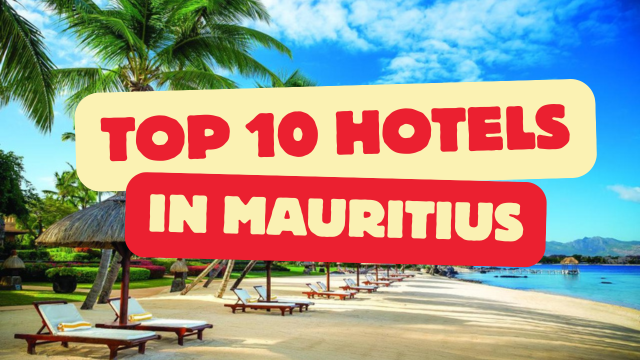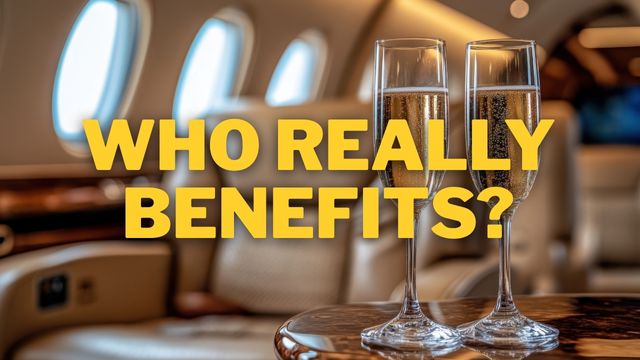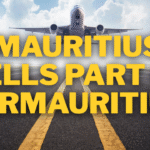Excitement around luxury travel has long shaped economic strategies in Africa. Governments and international organisations believed that attracting high-spending visitors would unlock prosperity, create jobs, and protect the environment. Yet, new research published in African Studies Review challenges this assumption. Instead of bringing widespread growth, luxury-focused tourism models may be producing inequality, environmental strain, and a growing sense of alienation among local communities.
The Promise of High-Value Visitors
For decades, institutions such as the World Bank promoted “high-value, low-impact” tourism as a winning formula. The model seemed straightforward: fewer visitors, spending more money per day, would generate higher revenues while limiting environmental stress. Resorts, eco-lodges, and national parks were marketed as both sustainable and exclusive, presenting governments with the image of being “green states” committed to conservation.
On paper, this vision was attractive. African nations like Botswana, Rwanda, and Mauritius embraced it, hoping to combine environmental protection with strong economic returns. But the research shows that the picture is far more complicated.
The Reality Behind the Luxury Image
While luxury tourism has grown, the benefits have often failed to reach local populations. The study highlights several interconnected challenges:
Enclave Economies
Large resorts and safari parks tend to operate in isolation, creating enclaves where tourists rarely interact with everyday community life. The all-inclusive packages mean visitors eat, drink, and shop within the resort walls, leaving little room for smaller local businesses to benefit.
Limited Local Gains
Even though such developments generate headlines and attract international travellers, the opportunities for locals remain restricted. Jobs are often low-paying and seasonal, with limited opportunities for career progression. Investment in infrastructure for local communities, such as schools or hospitals, is minimal compared to the profits generated.
Foreign Ownership and Control
Many of the most profitable eco-lodges and luxury resorts are not owned locally. Foreign companies dominate the sector, deciding how revenues are used and where profits flow. This control reduces the bargaining power of host nations and makes communities dependent on external players.
Financial Leakages
The study underscores the significant “leakage effect” in luxury tourism. Much of the money spent by travellers never stays in the host country. Instead, it goes to international tour operators, imported luxury goods used in hotels, or is repatriated to overseas owners. As a result, the apparent success of the sector often masks the fact that local economies see only a fraction of the wealth generated.
Inequality and Resentment
Profits are concentrated in the hands of a few – either foreign investors or a small domestic elite. Meanwhile, wages for ordinary workers remain low. In Mauritius, the sentiment that “foreigners are taking over the island” reflects a growing frustration: locals often feel excluded from their own prime beaches and tourism hotspots. This mirrors a wider African trend, where luxury travel projects may intensify inequality rather than reduce it.
Political Systems and Policy Flexibility
One of the most intriguing findings of the study relates to how governments respond when luxury tourism fails to deliver.
In democratic countries such as Mauritius or Botswana, political pressure plays a role. With elections and public opinion shaping policy, these governments have shown flexibility. When discontent rises over unemployment or inequality, they adapt strategies, diversify offerings, and seek alternatives beyond luxury enclaves.
By contrast, authoritarian states like Rwanda often double down. Despite facing high unemployment and recent economic shocks, Rwanda’s leadership remains firmly committed to its luxury strategy. The government argues that long-term gains will outweigh short-term social concerns, but the research questions whether this rigid approach will truly benefit the wider population.
The Environmental Contradiction
Beyond economics, there is an environmental paradox at the heart of luxury tourism. Wealthy travellers often arrive in private jets, contributing disproportionately to carbon emissions. The reliance on long-haul visitors from Europe and North America further increases the global carbon footprint.
While luxury tourism markets itself as environmentally conscious, with eco-lodges and conservation branding, the broader climate impact tells a different story. This “green image” masks the reality that the sector can be far from sustainable.
A Call for Diversification
Dr Pritish Behuria, one of the study’s authors, argues that this research challenges long-held assumptions about development. It shows that political systems, economic structures, and environmental realities all shape the outcomes of tourism strategies. More importantly, it calls for diversification.
Rather than relying solely on niche luxury markets, African nations are encouraged to build more inclusive forms of tourism that distribute benefits more widely. This could mean investing in mid-range hospitality, community-based travel experiences, or cultural and heritage tourism that directly involves local people.
The COVID-19 pandemic further underlined the risks of overdependence on international luxury visitors. With global travel shut down, countries that relied heavily on this niche faced devastating losses. Diversification, resilience, and equitable models are now seen as essential for future-proofing the industry.
Lessons for Mauritius and Beyond
For Mauritius, the findings are particularly relevant. While the island has successfully positioned itself as a premium destination, balancing exclusivity with inclusivity is becoming increasingly important. Rising concerns about access to beaches, the role of foreign investors, and local job quality highlight the need to rethink strategies.
This does not mean abandoning luxury altogether. Instead, the challenge is to integrate it within a broader tourism vision – one that values local communities as equal stakeholders, ensures fair wages, and respects environmental sustainability.
The African experience serves as a reminder: tourism cannot simply be measured in profits or visitor numbers. The real test is whether it uplifts the people who call these destinations home.
The debate over luxury tourism exposes a crucial truth: economic models must be judged not only by their financial returns but by their social and environmental outcomes. As African nations – including Mauritius – look to the future, the focus should shift from narrow, elite-driven strategies to diverse, inclusive, and sustainable paths.
Tourism has the power to transform economies, protect nature, and celebrate culture. But for that promise to be realised, policies must go beyond luxury enclaves and ensure that benefits are shared by all.






